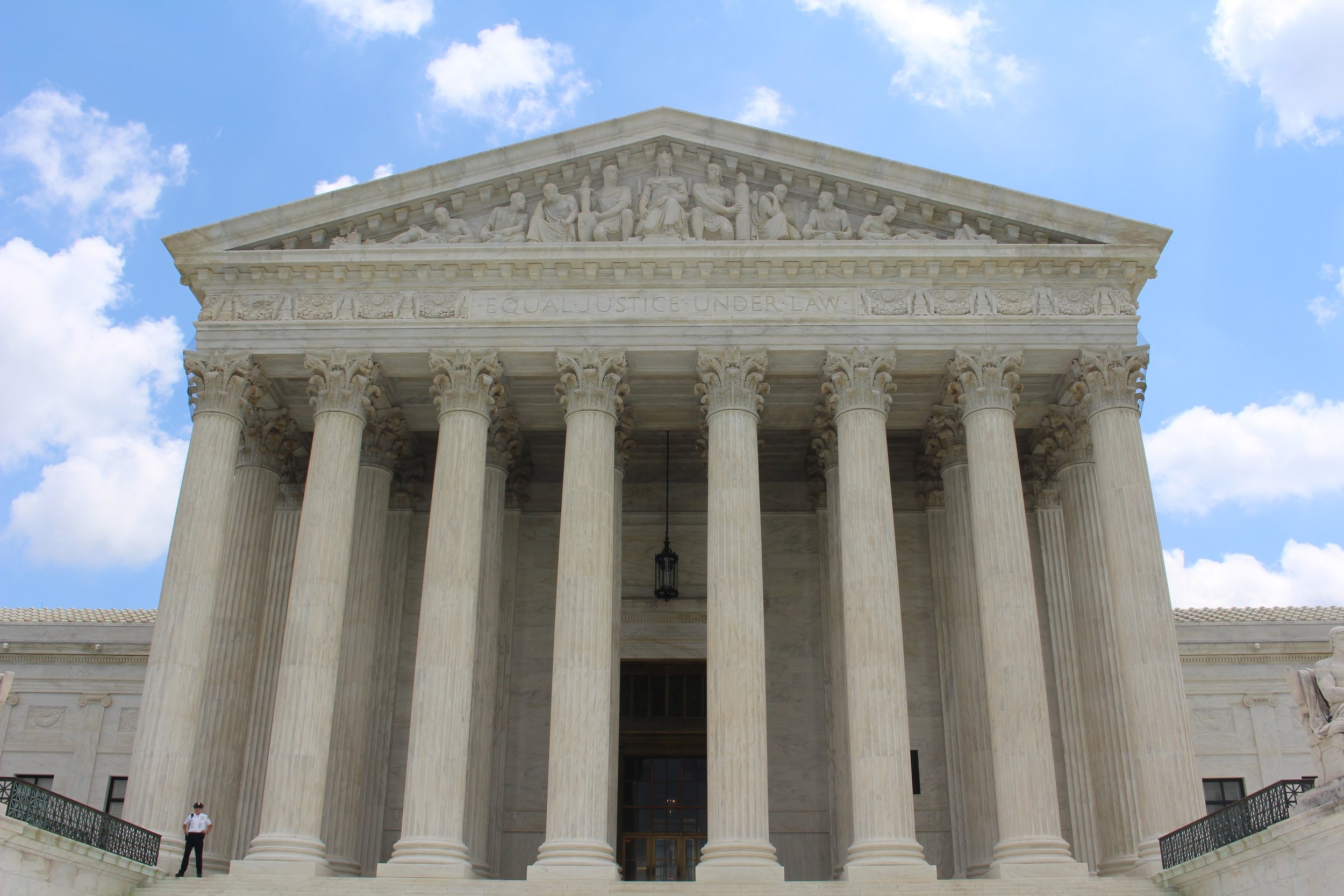Understanding the Role of a Post-Conviction Lawyer in Looking For Justice After a Criminal Sentence
In the complicated landscape of post-conviction legal proceedings, the role of a post-conviction legal representative is crucial in navigating the path to justice after a criminal sentence. Beyond the confines of a test, these lawful experts take part in a complex strategy targeted at discovering new proof, challenging lawful mistakes, and promoting for their clients' rights. The complexities of post-conviction work call for a blend of lawful acumen, investigatory skills, and strategic believing to unwind the complexities of a case and go after avenues that might have been ignored or underexplored. As the pursuit of justice expands beyond the boundaries of preliminary process, the function of a post-conviction lawyer arises as a beacon of expect those seeking to remedy injustices and redeem their rights within the lawful system.
Post-Conviction Legal representative's Investigatory Work
Post-conviction legal representatives take part in meticulous investigatory job to uncover brand-new proof, procedural mistakes, or misconduct that can possibly lead to overturning a sentence. This investigative phase is essential in the post-conviction process as it intends to determine any forgotten details or lawful mistakes that may have affected the outcome of the first test. Post-conviction lawyers look into instance files, witness testaments, and legal documents with a fine-tooth comb, looking for any discrepancies or irregularities that can be grounds for allure.
With thorough investigation, post-conviction attorneys intend to shed light on possible oppressions that might have taken place during the original trial. By inspecting every element of the lawful process, post-conviction attorneys work tirelessly to discover any type of aspects that might have affected the judgment.
Crafting Appeals and Petitions
In the pursuit of justice after a conviction, skilled lawyers carefully craft charms and requests to present compelling disagreements for the reconsideration of lawful choices. Crafting allures and petitions needs a deep understanding of the lawful system, interest to information, and calculated reasoning. Post-conviction legal representatives assess test documents, recognize possible errors or infractions of legal rights, and establish legal arguments to challenge the conviction or sentence.
When crafting an appeal, legal representatives concentrate on highlighting lawful mistakes that might have affected the result of the situation. They look into situation legislation, statutes, and lawful criteria to support their disagreements. Requests, on the other hand, might include providing new proof that was not offered during the test or showing changes in the regulation that warrant an evaluation of the sentence.
Moreover, post-conviction lawyers need to adhere to rigorous step-by-step regulations and target dates when filing appeals and applications. They should offer their disagreements clearly and persuasively to encourage visit their website the court to grant alleviation to their clients. Through careful crafting of appeals and applications, post-conviction attorneys make every effort to protect justice for individuals who have actually been wrongfully founded guilty or unjustly sentenced.

Going After Post-Conviction Alleviation
Post-conviction relief includes a variety of lawful systems designed to test the credibility of a conviction or sentence. Post-conviction attorneys play an important role in browsing these complex treatments, guaranteeing that all lawful choices are discovered to remedy injustices that may have taken place during the test or sentencing phase.
One common type of post-conviction alleviation is filing an application for post-conviction relief, typically based on cases of ineffective aid of guidance, prosecutorial transgression, newly found evidence, or constitutional offenses. These petitions call for a thorough analysis of the test record, legal study, and influential advocacy to encourage the court to approve alleviation. Experienced post-conviction lawyers possess the abilities and expertise required to determine sensible legal claims, carry out investigations, and existing compelling disagreements to safeguard relief for their customers. By diligently pursuing post-conviction relief, these attorneys strive to remedy losing the unborn babies of justice and support the principles of fairness and due procedure in the criminal justice system (Lawyer).
Making Use Of Forensic Proof
When challenging a conviction or sentence, the tactical usage of forensic evidence can be a powerful device in post-conviction legal procedures. Forensic evidence encompasses a wide variety of scientific strategies made use of to explore crimes and develop realities in court. Post-conviction legal representatives can take advantage of forensic evidence to test the credibility of convictions by presenting brand-new clinical searchings for that were not offered during the initial test.

Participating In Sentence Adjustments
Post-conviction attorneys might explore the possibility of sentence alterations as a lawful method to resolve out of proportion or unjustified sentences passed on in criminal instances. Sentence alterations include seeking changes to the terms of a defendant's sentence after a sentence has actually taken location. These adjustments can include decreasing the length of a sentence, modifying the kind of penalty imposed, or exploring alternative sentencing alternatives.
Post-conviction legal representatives can go after sentence adjustments through various lawful systems, such as filing activities for sentence decrease, appealing for caring release, or discussing appeal offers for reduced sentences. They must carefully examine the scenarios of the case, assess the lawful grounds for looking for an adjustment, and present compelling arguments to the court sustaining the requirement for a modified sentence.
Taking part in sentence modifications calls for a thorough understanding of criminal regulation, sentencing standards, and the particular treatments associated with seeking post-conviction alleviation. Post-conviction legal representatives play an essential duty in advocating for fair and just end results by difficult sentences that are unduly rough or do not line up with the principles of justice.
Conclusion
Finally, the function of a post-conviction legal representative is vital in seeking justice after a criminal conviction. Via investigative job, crafting appeals and requests, seeking post-conviction relief, utilizing forensic proof, and engaging in sentence adjustments, these lawyers play a crucial duty in advocating for their customers and ensuring that their legal rights are promoted within the criminal justice system. Their dedication and expertise are crucial in navigating the intricacies of post-conviction process and achieving a fair result for people encountering criminal sentences.